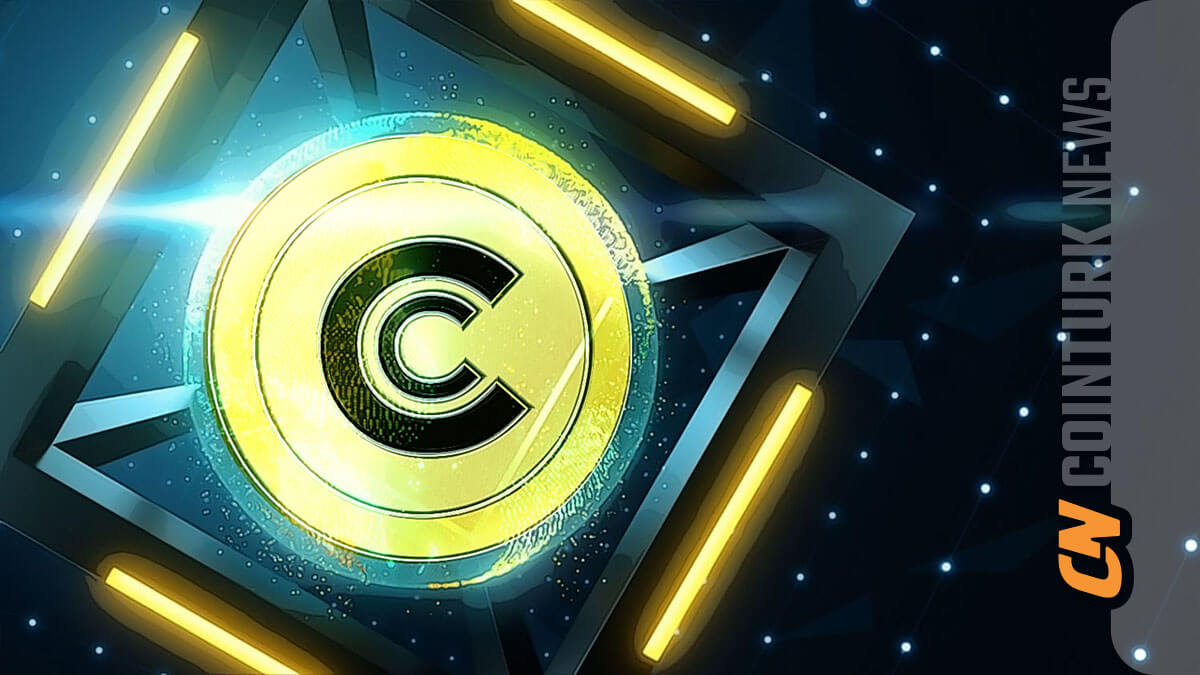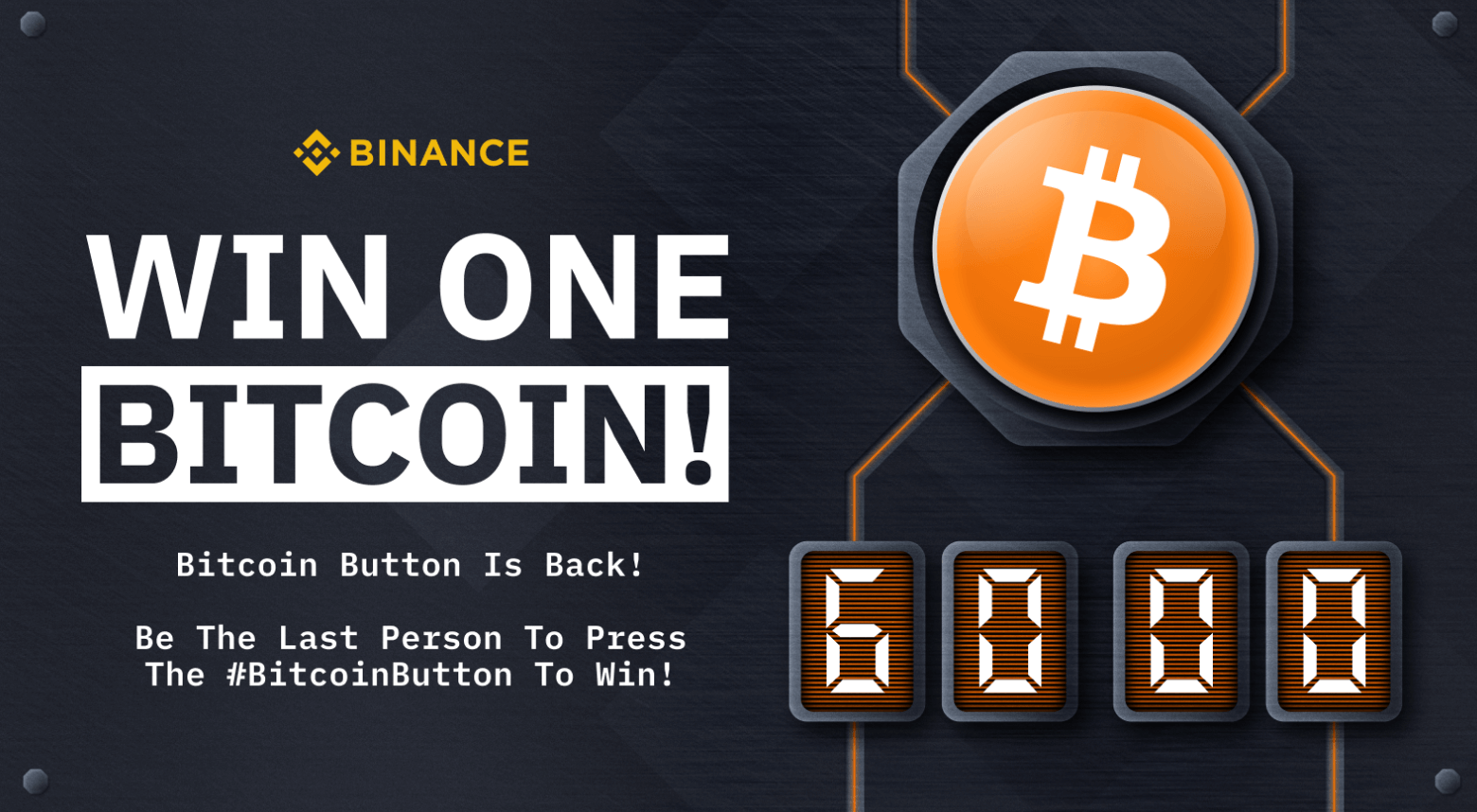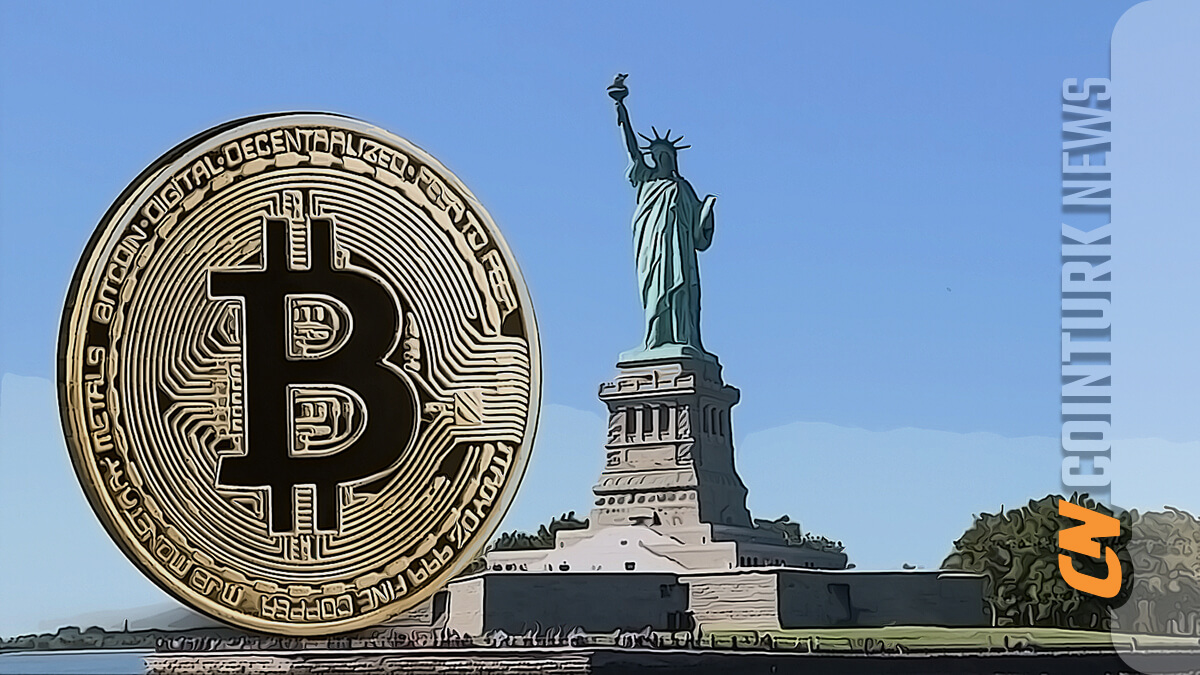Even though MATIC Coin investors had a strong start to the year, excessive sell-offs in the markets dissipated all optimism. The announcement of the SEC’s securities was the final straw. Except for ETH, the cumulative value of altcoins is at the 2018 bull peak, and investors are nervous. In this environment, the Polygon team took an important step.
What is Polygon 2.0?
Polygon Labs recently announced “Polygon 2.0,” a series of upgrades aimed at creating the “Value Layer” of the internet and allowing users to “create, exchange, and program” value.
In the announcement shared on Twitter, the Polygon team wrote, “Polygon 2.0 is a series of upgrades that radically redesign almost every aspect of Polygon, from protocol architecture to tokenomics and governance. It is a roadmap for how Polygon will become a Value Layer by offering unlimited scalability and unified liquidity through ZK technology.”

The Future of MATIC Coin
Polygon 2.0 is designed as a blockchain of interconnected chains supported by Zero Knowledge technology. Polygon Labs explains that this will allow the network to support practically an unlimited number of chains. According to Polygon Labs President Ryan Wyatt, shared on Twitter, Polygon 2.0 will feel like using a single blockchain by combining protocols that provide seamless use “between zkEVM, PoS, and Supernets.”
More details about the technology are expected to be revealed by Polygon in the coming weeks. Wyatt testified before the United States House Committee on June 7th on the democratization of the internet and the potential of Web3 and blockchain technology.
Highlighting the importance of establishing a well-regulated blockchain ecosystem in the United States, Wyatt outlined the potential benefits for users and the general economy. The hearing took place shortly after the Securities and Exchange Commission filed a lawsuit against major crypto exchanges.
So far, the MATIC Coin price has not responded significantly to the promises made. MATIC, one of the few altcoins to confront the SEC, received the securities stamp. It seems unlikely that the next steps the Polygon team takes, directly related to the token issuance process, will change the SEC’s decision.









